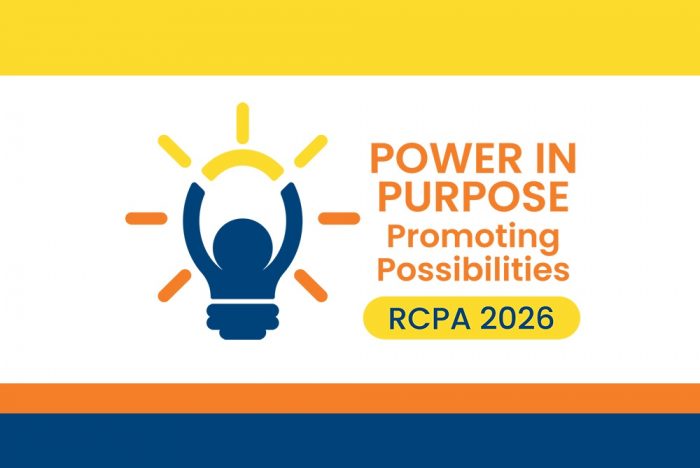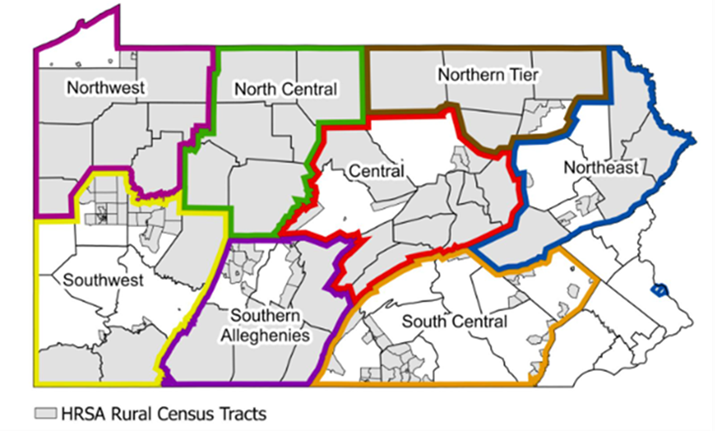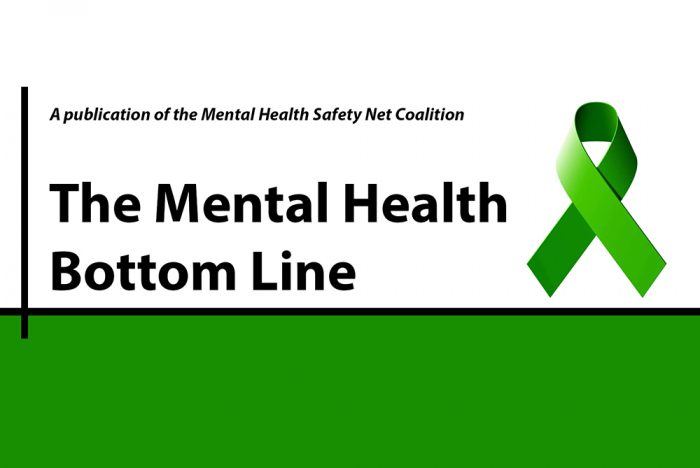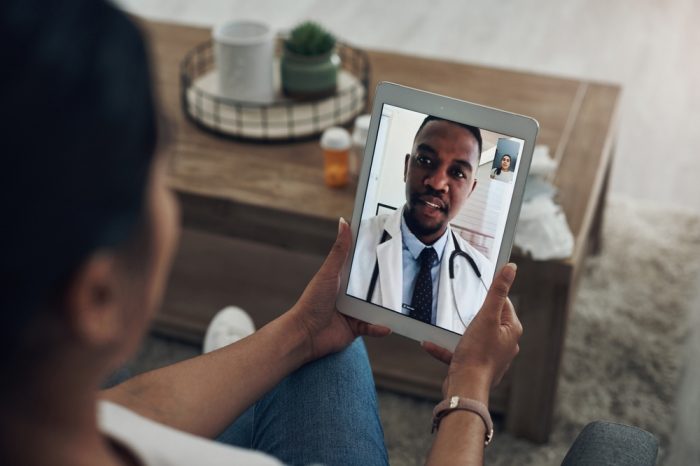Join RCPA as we host the 2026 Annual Conference Power in Purpose: Promoting Possibilities from September 29 – October 2 at the Hershey Lodge. The event is a highlight for the Pennsylvania behavioral health, brain injury, children’s, early intervention, intellectual and developmental disabilities, medical rehabilitation, and physical disabilities and aging provider communities. RCPA staff and the Conference Committee are excited to release this year’s Sponsors, Exhibitors, and Advertiser Brochure, which features many opportunities to get in on the action and network with providers. Booth self-selection will also be available for exhibitors and exhibiting sponsors. In order to be considered for self-selection, a completed contract with payment must be submitted.
 Network and Compete in Connections Hall
Network and Compete in Connections Hall
Connections Hall activities take place during the two busiest days of the conference, and many networking opportunities are available throughout the event. You’ll also be able to compete and have a chance to win “Best of Show!”
Exciting Sponsorship Opportunities
RCPA is privileged to have the backing of the finest organizations in the field for our conference. Through the use of sponsorship circles, RCPA is able to honor all supporting organizations.
Sign Up Now!
Sponsors, exhibitors, and advertisers who wish to be listed on the website, on the mobile app, and in the conference program must submit all materials by Tuesday, September 8.
 The association looks forward to welcoming you at the conference! Space and opportunities are reserved on a first-come, first-served basis, and no reservation is considered complete without payment. If questions remain, please contact Carol Ferenz, Conference Coordinator.
The association looks forward to welcoming you at the conference! Space and opportunities are reserved on a first-come, first-served basis, and no reservation is considered complete without payment. If questions remain, please contact Carol Ferenz, Conference Coordinator.









 leadership to advance their organization with adapting to challenges and opportunities;
leadership to advance their organization with adapting to challenges and opportunities; If the proposal is accepted, individuals must be prepared to present on any day of the conference. Workshops are 90 minutes in length. If the topic requires an in-depth presentation, a double session can be scheduled for a total of 180 minutes. At the time of acceptance, presenters will be asked to confirm the ability to submit workshop slides and handouts electronically two weeks prior to the conference. Individuals unable to meet this expectation may not have their materials available to participants during the conference.
If the proposal is accepted, individuals must be prepared to present on any day of the conference. Workshops are 90 minutes in length. If the topic requires an in-depth presentation, a double session can be scheduled for a total of 180 minutes. At the time of acceptance, presenters will be asked to confirm the ability to submit workshop slides and handouts electronically two weeks prior to the conference. Individuals unable to meet this expectation may not have their materials available to participants during the conference.









